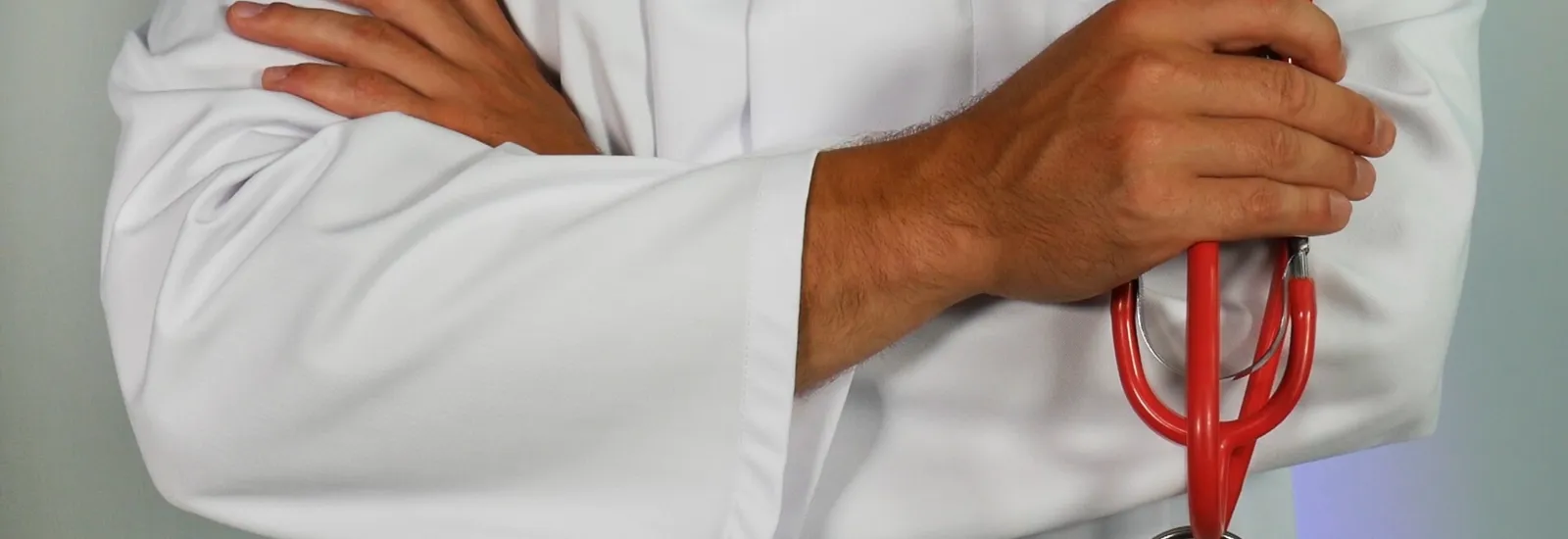
A holistic approach to managing pain, with Dr. Ahsan Usmani
If you're dealing
with pain - regardless of whether it's from a chronic condition like arthritis
or from a more acute problem like a recent back injury - finding lasting relief
is a priority. Interventional spine specialists can help you to relieve your
pain using the latest techniques in pain medicine.
The most modern
approaches to pain management treat you holistically by helping you to manage
the pain while finding and solving the underlying cause. Reid Health's Dr. Ahsan Usmani is an expert in
comprehensive pain management - and is here to help you explore and understand how
to relieve your pain and get back to doing the things you love.
What is involved in
helping patients manage pain?
"We focus on a comprehensive approach to pain
medicine," says Dr. Usmani. "To us, that means combining pain-relieving
measures like medical management, physical therapy, and even mental health
therapy." By working to understand the underlying issues causing your pain, interventional
spine specialists like Dr. Usmani can work with you to alleviate pain while
healing its primary cause.
One benefit of this
approach, he says, is a reduced reliance on opioid and narcotic pain relievers
for long-term pain relief. This is a smart idea because opioids can be risky when used long-term. They can lead to
dependence issues, have worrisome side effects, often become less effective
over time, and do nothing to help solve the underlying causes of pain.
The good news, he
says, is that "pain medication is not the only answer." Benefitting from the
safest and most effective approaches to pain relief means looking beyond
medication to a combination of approaches to treat you and your pain holistically.
Who is a candidate
for comprehensive pain management?
Many people
experiencing pain are candidates for comprehensive pain management approaches. Regardless
of whether you've been experiencing pain for 20 minutes or 20 years,
comprehensive pain management can help you to achieve a higher level of
functionality.
"We look at how a
patient functions in their life," Dr. Usmani says. "Are you able to walk one
block today? How can we improve that with interventions?" The aim, he
continues, is to make it possible for you to do more of the things you love
doing.
Comprehensive pain
management is often a great approach for those who are not candidates for
surgery. "A lot of patients are chronic pain patients who have had spine, neck,
or back pain for a long time, and are not candidates for surgery. We want to
help manage those cases with interventions that improve your quality of life."
What treatments are
in a pain management plan?
Interventional spine
specialists often use a combination of two or more pain management techniques
to help patients effectively manage pain. These approaches might include:
·
Physical therapy,
·
Nerve blocks for back, knee, or shoulder pain,
·
Radio frequency ablation,
·
Minimally invasive surgical techniques,
·
Steroid injections,
·
Pain medications,
·
Peripheral nerve stimulation, or
·
ESWT high energy
sound wave (or STEM Wave) therapy.
How do I know what
pain relief methods are best for me?
Working closely with
your orthopedic doctor or interventional spine specialist to develop a plan is
the best approach to receiving customized pain management care. Dr. Usmani says
that your doctor will work first to understand your pain and learn about past
treatments you've tried that have either helped or not helped.
From there, your
doctor can order diagnostic tests (like an MRI or X-ray) if necessary and diagnose
underlying conditions that contribute to your pain. Using a comprehensive pain
management approach, they will then collaborate with other specialists like
orthopedic surgeons, physical therapists, or rheumatologists to develop a
treatment plan.
Typically, your
treatment plan will have a stepped approach - starting with the least invasive
methods - that will allow you and your doctor to explore the best ways to
manage your individual case.
It's important to
understand that pain relief may not be instantaneous - especially if you have
chronic pain. "Chronic pain is a chronic condition just like heart disease or
hypertension is a chronic condition. These conditions don't happen overnight,
and they can't be fixed overnight either. Just like treating a disease like
hypertension is a process, long-term pain management is a process. Each step is
a step towards feeling better."
"We are with you for the journey," Dr. Usmani says. "This might not be a quick fix - this is about long-term pain management, with the ultimate goal of improving your quality of life."
Pain interventions at Reid Health
Click here for more information about comprehensive pain management at Reid Health.
Ready to make an
appointment? Use this form to request one today.

